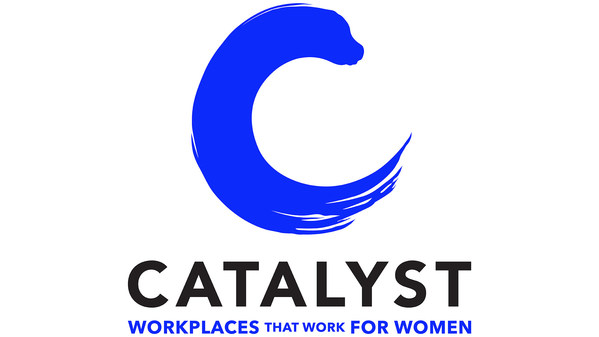 |
Remote-work access increases employee well-being and productivity.
NEW YORK, May 26, 2021 /PRNewswire/ -- Calling it a "crisis at work," Catalyst found in a global survey that 92% of workers say they are experiencing burnout from the stress related to their workplace, their Covid-19 work experiences, and/or their personal lives. A solution to improve employee well-being—as well as productivity, innovation, retention, and inclusion—researchers say, is access to remote work. For women, who have been disproportionately impacted by job losses during the pandemic, these findings are critically important.
The study, Remote-Work Options Can Boost Productivity and Curb Burnout, surveyed nearly 7,500 employees across the globe and defines burnout as "the physical and psychological exhaustion that comes from prolonged stress with negative consequences, including mental distance from one's job and feelings of professional inefficacy." It is the first installment of Catalyst's Equity in the Future of Work research series.
In the analysis, author Tara Van Bommel, PhD identifies three types of burnout: work burnout, Covid-19 work burnout, and personal burnout. Remote-work access curbed all three types of burnout regardless of group differences such as gender or child-caregiving status. These data illustrate that what works for women in the workplace works for everyone.
The data show that when companies offer remote-work options—including a flexible work location, distributed teams, and/or virtual work/telework/working from home—employees report a 26% decrease in workplace burnout compared to people who do not have remote-work access. Workplace burnout drops 43% when employees have remote-work access and their managers demonstrate empathy, compared to people without remote-work access or empathic managers.
The study also finds employees with remote-work access are 30% less likely to look for another job in the next year compared to people who do not have remote-work access. Women with childcare responsibilities are 32% less likely to report intending to leave their job when they have remote-work access, compared to women with childcare responsibilities who do not have access to remote work.
Unsurprisingly, the report observes current, "always-on" expectations at work are unsustainable, and recommends the following solutions for organizations to help combat burnout:
"Burnout leads to turnover, but that can be mitigated by intentional remote work policies and inclusive, empathic leadership," said Catalyst President & CEO Lorraine Hariton. "Effectively implemented, remote and flexible work options for employees ultimately help organizations have access to more talent and less turnover as well as increased innovation and productivity."
Learn more and download the study here.
About Catalyst
Catalyst is a global nonprofit working with some of the world's most powerful CEOs and leading companies to help build workplaces that work for women. Founded in 1962, Catalyst drives change with pioneering research, practical tools, and proven solutions to accelerate and advance women into leadership—because progress for women is progress for everyone.
Contacts:
Naomi R. Patton
Vice President, Media & Public Relations
Catalyst
npatton@catalyst.org
Stephanie Wolf
US Communications Consultant
Catalyst
stephanie@stephaniewolfpr.com
Francine Beck
Canada Communications Consultant
Catalyst
francine@fbstrategiesgroup.com
Frances Knox
EMEA Communications Consultant
Catalyst
frances@frankly-pr.co.uk